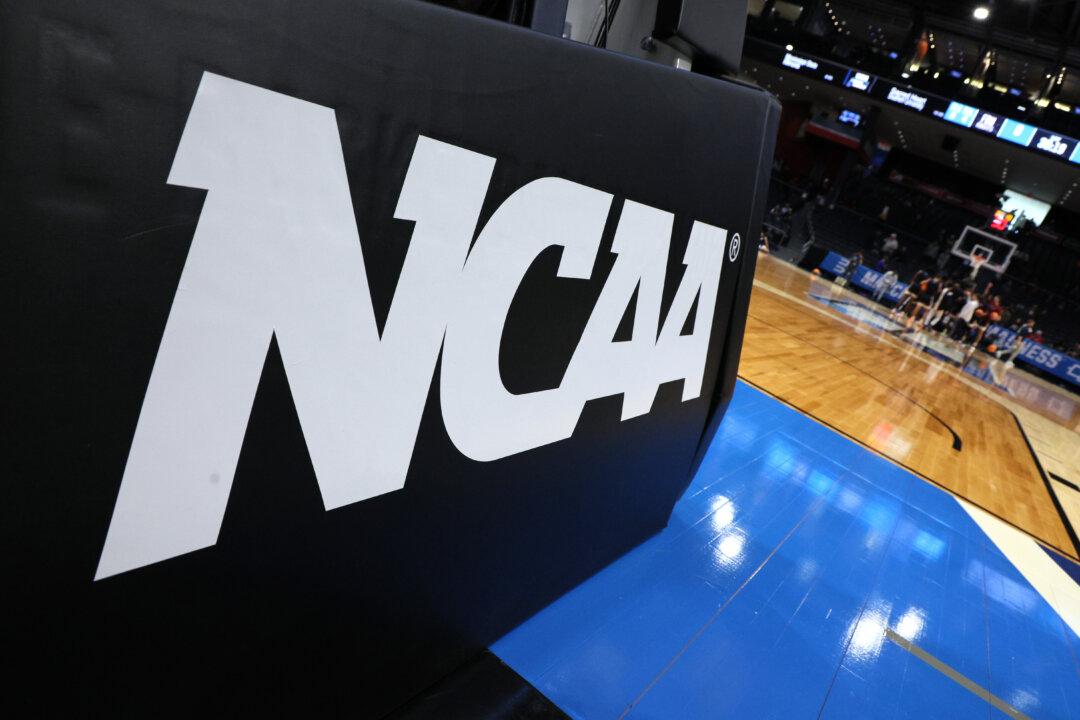The NCAA’s long-standing rules against paying college athletes faced a major setback, as an appeals court found that those students may be entitled to a minimum wage and overtime pay under federal laws.
In a ruling issued on July 11, a three-judge panel of the U.S. Court of Appeals for the Third Circuit unanimously rejected the NCAA and member schools’ argument that the college athletes’ “amateur” status renders them ineligible for payment. Instead, the court created a test to determine when the playing of college sport “crosses the legal line into work” and should be compensated.





